Space
Sign up for our newsletter
We summarize the week's scientific breakthroughs every Thursday.
-
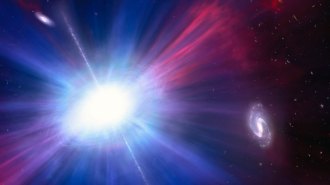 Astronomy
AstronomyA cosmic ‘Platypus’ might link two astronomical mysteries
A flash of light called the Platypus has hallmarks of a mid-sized black hole shredding a star and a type of burst thought to be a stellar explosion.
-
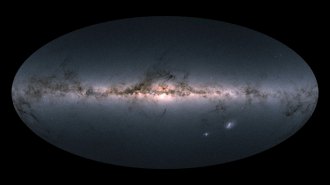 Astronomy
AstronomyGalactic chaos at cosmic noon may have stunted Milky Way planet formation
High radiation during a time of frenzied star formation in the Milky Way left one stellar population with few chances to form planets, a study reports.
-
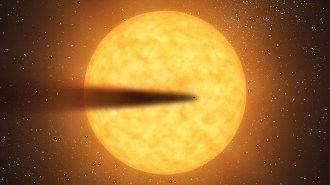 Planetary Science
Planetary ScienceA crumbling exoplanet spills its guts
Astronomers have determined the internal composition of a distant, disintegrating planet for the first time.
-
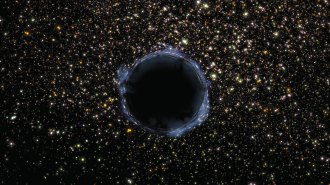 Cosmology
CosmologyHow we might finally find black holes from the cosmic dawn
After decades of study, scientists sound genuinely optimistic about the possibility of detecting primordial black holes, which might explain dark matter.
-
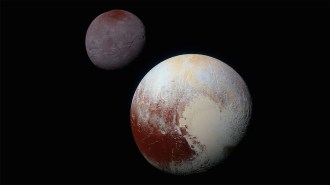 Planetary Science
Planetary SciencePluto may have captured its moon Charon with a kiss
When Pluto met Charon, there was an instant connection, new simulations suggest.
-
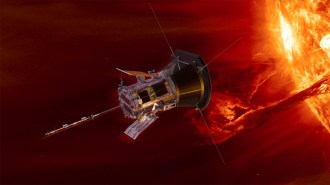 Space
SpaceNASA’s Parker Solar Probe survived its closest approach to the sun
The solar probe came within 6.1 million kilometers of the surface of the sun and lived to tell the tale.
-
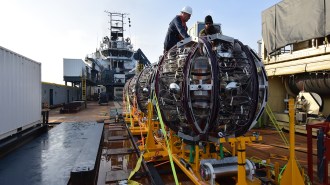 Particle Physics
Particle PhysicsScientists are building underwater neutrino telescopes in the Mediterranean
The KM3NeT telescopes, currently under construction, will catch high-energy neutrinos that could reveal secrets of the cosmos.
-
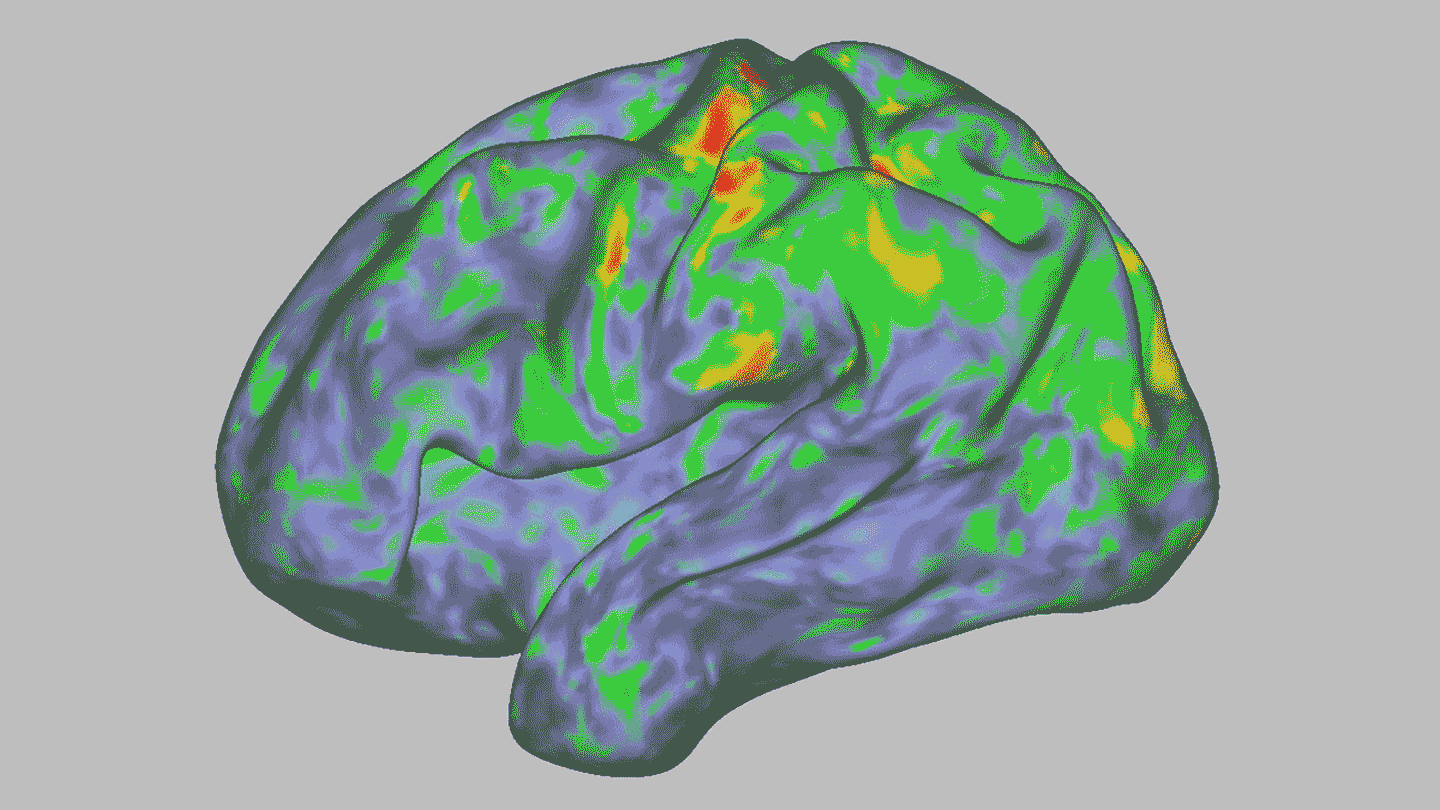 Science & Society
Science & SocietyThese are the 5 most popular Science News stories of 2024
Science News drew millions of visitors to our website this year. Here’s a recap of the most-read and most-watched news stories of 2024.
-
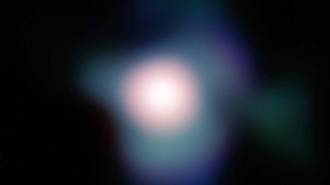 Space
Space50 years ago, astronomers saw the surface of a distant star for the first time
In the 1970s, technological advances let scientists peer through stars’ atmospheres. Now, scientists can measure roiling gas in the stars themselves.
-
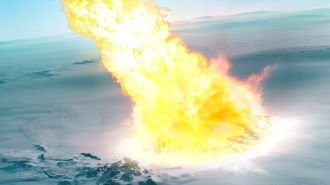 Life
LifeThese scientific feats set new records in 2024
Noteworthy findings include jumbo black hole jets, an ultrapetite frog, ancient asteroid remnants and more.
-
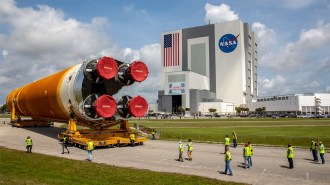 Space
SpaceWhat will space exploration look like under Trump?
A lot is unknown, but the roles of billionaires like Elon Musk and Jared Isaacman suggests a focus on human and private spaceflight.
-
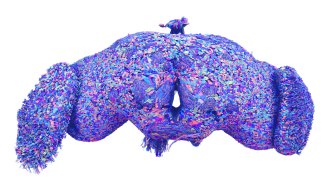 Life
LifeHere are 8 remarkable scientific firsts of 2024
Making panda stem cells, mapping a fruit fly’s brain and witnessing a black hole wake up were among the biggest achievements of the year.